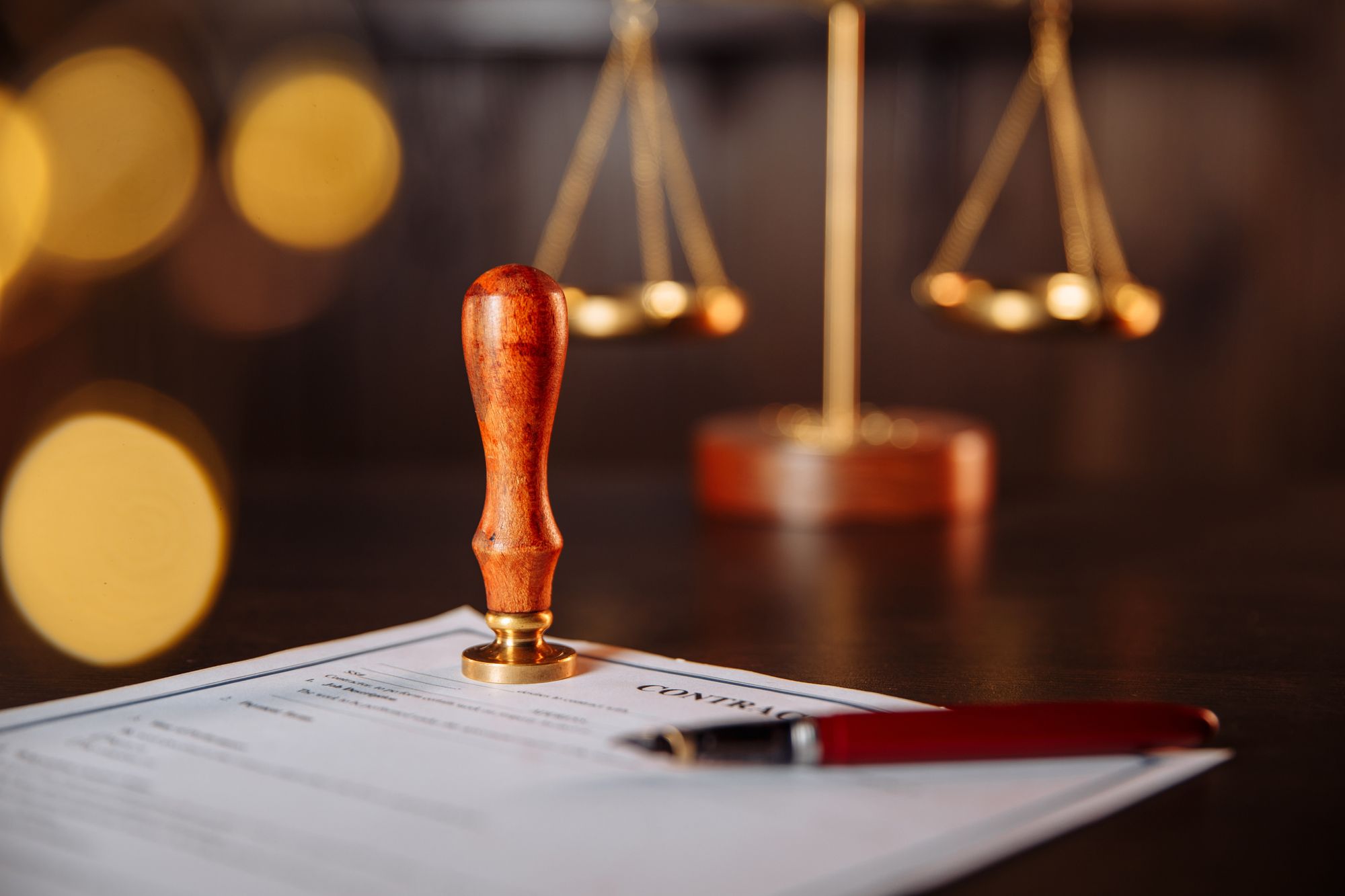Knowing the difference between an Executor from a Power of Attorney and how it can effect your Estate.
There is often a lot of confusion surrounding the roles of an executor and power of attorney when it comes to estate planning or responsibilities surrounding the care of a family member and their end-of-life wishes. Both roles are extremely important.

Both roles are extremely important, and although they may be filled by the same individual, they have very different responsibilities. It's the difference between who and what, however one that often causes confusion.
Let’s begin with the Executor of an Estate.
Put simply, this person is the individual that has the responsibility of managing the estate throughout the probate process of the individual that has just recently deceased. This includes, filing the deceased’s will with the court, locating and collecting assets or other important financial information, paying off all debts on behalf of the deceased and distributing what is left to the mentioned beneficiaries. In effect, the Executors responsibility kicks into play after death.
What is a Power of Attorney?
The Power of Attorney is actually a legal document that gives a certain individual the authority to make decisions on behalf of another person. Usually, this comes into play when the individual who has specified a POA is ill, incapacitated or otherwise unable to make his or her own decisions. You can have a few different POA’s however the most common two are the general POA and the medical POA.
Furthermore, the POA can be either durable or springing.
Durable: The agent can immediately start making decisions on behalf of the person.
Springing: The agent’s decision making power comes into effect once specific conditions are met (usually, incapacitation or another health related circumstance).
The most important difference between the two roles is this:
The Executors role only begins after death.
The Power of Attorney comes into effect in situations where you are unable to make decisions. Thus, death need not be a requirement.
